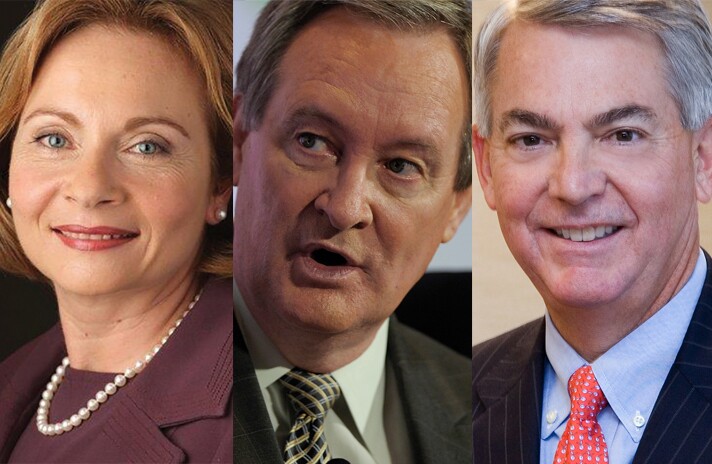
10 who had a good year in 2017
Congress this week is
These are among reasons that regional banks, as a group, made American Banker’s annual “10 who had a good year” list for 2017. It was a rather lackluster year for loan demand, but bankers are confident that a lower corporate tax rate will be the stimulus many companies need to increase their borrowing. And the raising of the so-called SIFI threshold would not only free nearly 30 banks from Federal Reserve stress tests, it could also spur more merger activity among smaller regionals that have shied away from acquisitions in order to avoid becoming SIFIs.
This has also been a good year for investors in bitcoin, despite claims by skeptics, like JPMorgan Chase’s Jamie Dimon, who say the cryptocurrency is a fraud. It could very well be speculative mania, but this much is certain: An investor who bought 10 bitcoins near the end of last year would have paid a bit under $10,000; by mid-December, those same 10 coins were worth $166,000.
Rounding out the top 10 are four regional bank CEOs, a rising star at JPMorgan Chase, a prominent member of Congress, a fintech pioneer and the former CEO of a troubled auto lender who scored the mother of all separation agreements.
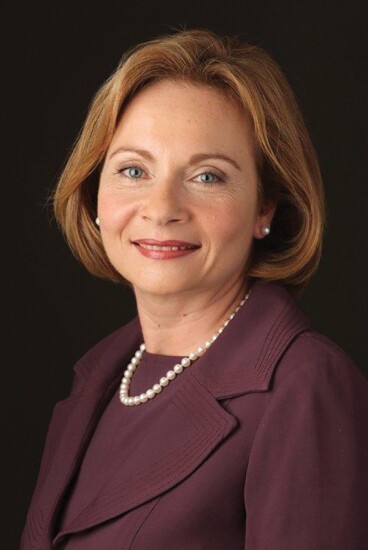
Ellen Alemany, CEO, CIT Group
She has done so by selling off noncore businesses, such as a $10 billion-asset aircraft leasing unit, a Canadian equipment financing business, and a reverse mortgage division that was the source of several regulatory and financial headaches. She also secured approval from the Federal Reserve for a $3 billion capital return, a large sum for a midsize bank.
Alemany, the former CEO of Citizens Financial Group who successfully guided that company through the financial crisis, came out of retirement to take over CIT.
Challenges remain, as analysts have raised doubts about whether Alemany will meet her closely watched goal of hitting a 10% return on tangible common equity by the end of 2018. The company is still sitting on a mound of excess capital, and efforts to boost core deposits have been slow to materialize.
Still, after 40 years in banking, Alemany is nonetheless crafting a legacy as a master of the corporate turnaround.

Mike Crapo, Chairman, Senate Banking Committee
Republicans narrowly defeated the arbitration rule, relying on a tie-breaking vote from Vice President Mike Pence. However, it was a major victory for the party, which viewed the rule as a giveaway to trial lawyers who tend to be reliable Democratic donors and would have been able to file more class action lawsuits if the rule had gone into effect.
Meanwhile, the bipartisan agreement to roll back certain Dodd-Frank provisions has better odds of passage than any other previous regulatory-reform effort since the financial reform law was passed in 2010.

Early buyers of bitcoin
Over the last two and a half years, the price of a bitcoin has risen more than seventyfold. This could very well be a speculative mania, but the cryptocurrency’s early adopters are in a great position to profit, assuming they held on to their investments.
For perspective, someone who bought 10 bitcoins near the end of last year would have paid a bit under $10,000. By mid-December, the value would have swelled to more than $166,000.
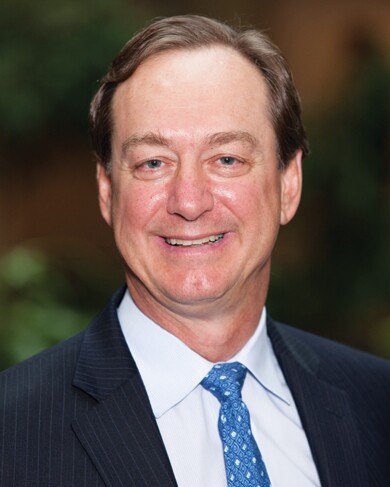
Jack Kopnisky, President and CEO, Sterling Bancorp
The Montebello, N.Y.-based Sterling nearly doubled its size this year, to $31 billion, with its purchase of Astoria Financial. Less than two years earlier, Astoria had agreed to sell itself to New York Community, but that transaction fell apart after it was unable to win regulatory approval.
The $2.2 billion acquisition is significant in that it gave Sterling roughly $9 billion in low-cost deposits while expanding its presence on Long Island.
The acquisition comes with some execution risk as Kopnisky and his team will have to blend Astoria’s mortgage-heavy loan portfolio with one that focuses more on commercial and industrial credits.
But this is a road that Kopnisky has traveled before. He led the $3.8 billion-asset Provident New York Bancorp as it transformed itself from a traditional thrift into a commercially focused lender, first organically, and then through its purchase of Sterling in 2013. Though Provident was the acquirer, it adopted the Sterling name.
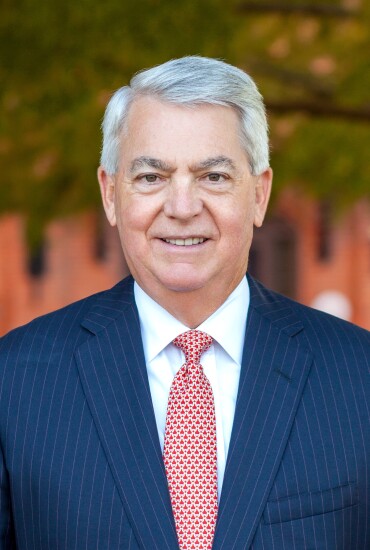
Kessel Stelling, Chairman and CEO, Synovus Financial
In September, the $32 billion-asset company acquired the deposits and credit card assets of World’s Foremost Bank, Cabela’s credit card business, and then immediately flipped the card assets to Capital One. The deal earned Synovus a $75 million transaction fee from Capital One and Cabela’s and, more important, netted it $1.1 billion in brokered time deposits that Synovus said it would use to make more consumer and commercial loans.
Also in 2017, Synovus began
“I don’t mean for a minute to underestimate the importance and history and emotional attachment to the existing brand. We have several brands within our system that are over 100 years old,” Stelling said. But, he added, “we believe it’s a lot more important what’s inside our buildings than what’s outside. If we have the same local leadership and local decision-making, then our customers and prospects will quickly adapt to the new Synovus name.”

Thomas Dundon, ex-CEO, Santander Consumer
In 2015 the subprime auto lender Santander Consumer Holdings USA was on American Banker’s annual "10 Who Had a Rough Year" list, and Dundon was a big reason why. The Dallas company’s stock was an amusement park ride, regulators were investigating its lending and securitization practices, and Dundon resigned as chairman and CEO.
Dundon, the founder of its predecessor Drive Financial Services, was owed a big payday because he had retained a sizable chunk of his original company after selling a majority stake to Banco Santander in 2006 and watching Santander Consumer go public in 2014. But two years of wrangling ensued over the final terms of the payout.
Things worked out all right for Dundon in the end. The full tally of Dundon's separation agreement was announced in mid-November: $713 million. Santander Consumer bought out Dundon’s stake for $942 million, and he used the proceeds to repay a $295 million company loan.
Dundon remains active in financial services. In early November, Dundon Capital Partners, which he leads, acquired a stake in Redpoint Capital Group in Dallas. Redpoint is an alternative credit manager that invests in fintech and specialty finance. Dundon is also the chairman of Topgolf and owns Employer Direct Healthcare, according to the Dallas Business Journal.
And, heck, given the deal with Santander Consumer, Dundon could buy a hockey team — and that’s what he is doing. Dundon recently signed an agreement to buy the Carolina Hurricanes in Raleigh, N.C., from Compuware founder Peter Karmanos. The price was not disclosed. The National Hockey League franchise has been valued at $370 million.
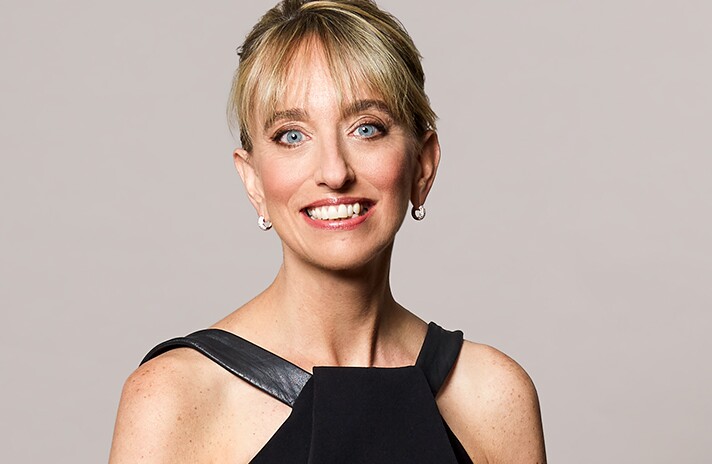
Sandie O'Connor, Chief Regulatory Affairs Officer, JPMorgan Chase
As the regulatory chief at the nation’s largest bank, O’Connor has been sought out by members of
O’Connor, a 29-year veteran of JPMorgan Chase, also this year led the Federal Reserve committee charged with creating an alternative to the London interbank offered rate. The Fed will begin publishing the new rate next year.
Perhaps the most visible sign of O’Connor’s rising profile: Her name

Regional banks
Lawmakers, at long last, appear to be listening. Under a bipartisan bill adopted this month by the Senate Banking Committee, the threshold for being designated a systemically important financial institution — a label that comes with enhanced supervision — would be lifted to $250 billion from $50 billion. That’s good news for the 28 banks in that fall in that range, including the $156 billion-asset Citizens Financial, headed by Bruce Van Saun (above), that would no longer be subject to rigorous stress testing from the Federal Reserve.
The measure still needs to be passed by the full Senate and the House, so these midsize banks are not popping the champagne just yet. But if it does become law, as most industry observers expect, expect M&A activity to pick up, particularly among banks with less than $50 billion of assets. Many banks in that group have shied away from deal making in recent years in order to avoid becoming SIFis.
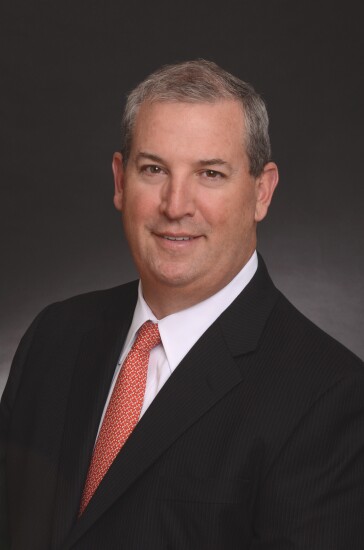
Dan Rollins, Chairman and CEO, BancorpSouth
An executive who had a history of pursuing acquisitions in his previous role as president of Prosperity Bancshares in Texas, he struck two deals in 2014, for Central Community in Texas and Ouachita Bancshares in Louisiana, only to have both snagged by regulatory issues.
BancorpSouth was hit in late 2014 with a
The company in October proudly announced that it had its “satisfactory” CRA

Max Levchin, CEO, Affirm
Levchin’s latest go-around is Affirm a San Francisco-based digital lender that he launched in 2012. Affirm initially grew more slowly than crosstown rival Social Finance, which was founded the same year. But after SoFi’s CEO resigned in September amid scandal, Affirm has become Silicon Valley’s most buzzed-about lender.
Affirm specializes in point-of-sale installment loans that serve as an alternative to credit cards. In April, the company announced that it has financed one million loans. And in July, Affirm said that its loans were available at more than 1,000 Internet retailers, a list that includes Wayfair and Expedia.
Levchin has bigger ambitions, though. “We’re definitely going to offer lots of different kinds of loans,” he said at an industry conference earlier this year.
To that end, Affirm is amassing a big war chest. In December, the company announced a $200 million equity funding round





